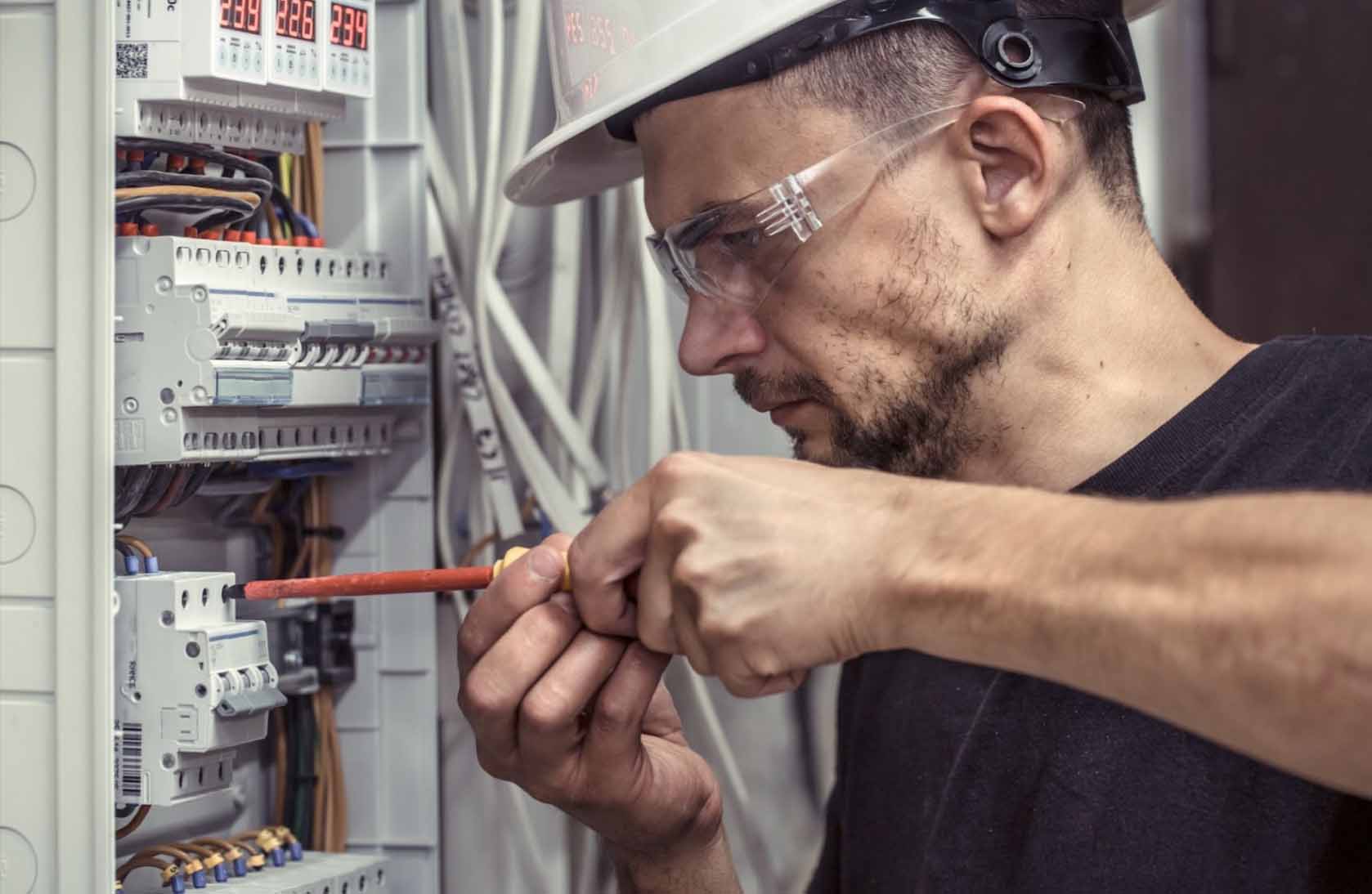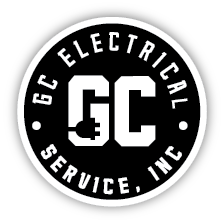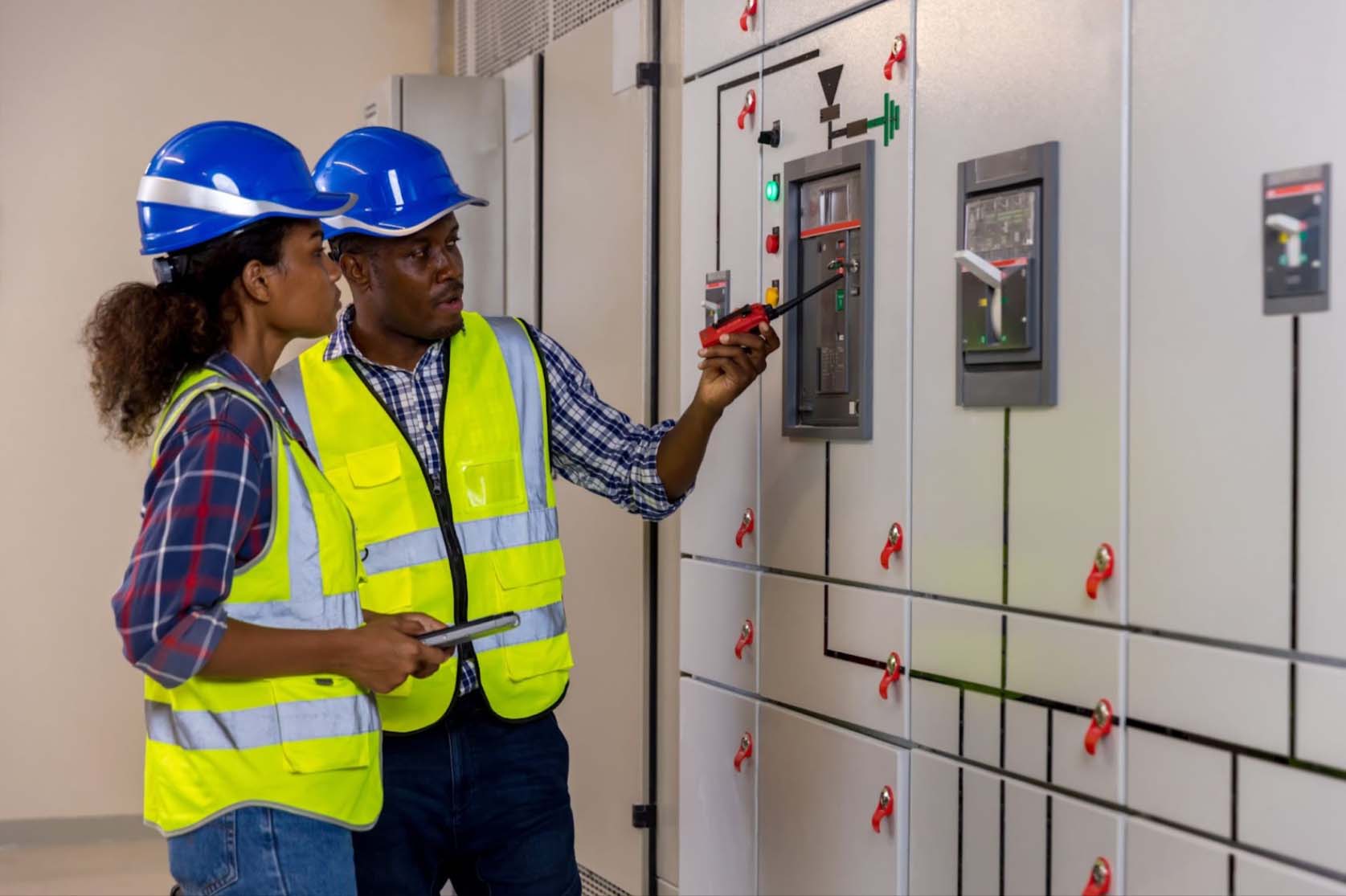Commercial electrical contractors are the backbone of any large-scale construction project. Their expertise ensures that the intricate electrical systems powering modern buildings function seamlessly. These professionals handle everything from design to installation and maintenance. Their work is not just about wiring but involves sophisticated systems and technologies. In large-scale projects, their role is both complex and indispensable.
The Significance of Commercial Electrical Contractors
Commercial electrical contractors’ role encompasses designing, installing, and maintaining electrical systems. They ensure these systems meet all safety standards and operate efficiently. These contractors bring specialized knowledge, making them essential for complex projects. Their integration with other teams ensures smooth project execution.
Large-scale projects like skyscrapers, shopping malls, and hospitals rely heavily on the skills of commercial electrical contractors. These projects require extensive electrical networks that must be meticulously planned and executed. Contractors manage everything from high-voltage systems to complex data networks, showcasing their diverse expertise. Their expertise helps prevent costly delays and rework by ensuring all electrical components are correctly installed and functional.
Different Types of Electrical Systems in Commercial Buildings
Electrical systems in commercial buildings are diverse and multifaceted. Each type is crucial in ensuring the building operates smoothly and efficiently. Understanding these systems is essential for appreciating the comprehensive work of commercial electrical contractors.
Power Distribution Systems
Power distribution systems are the backbone of any commercial building. They ensure that electricity from the main supply is distributed to various building parts. This system includes main switchboards, circuit breakers, and distribution panels. Proper design and installation are critical to prevent overloads and ensure safety. Regular maintenance is required to ensure reliable operation and prevent electrical failures.
Lighting Systems
Lighting systems are essential for the functionality and ambiance of commercial buildings. These systems include general, emergency, and specialized lighting for specific areas. Energy-efficient lighting solutions, such as LED lights, are commonly used to reduce energy consumption. Lighting controls, such as dimmers and motion sensors, enhance efficiency and comfort. Properly designed lighting systems contribute to energy savings and improve the overall environment.
HVAC Systems
HVAC (heating, ventilation, and air conditioning) systems require precise electrical connections to function effectively. These systems regulate the indoor climate, ensuring comfort for occupants. Electrical contractors install and maintain these systems' motors, controls, and wiring. Efficient HVAC systems are crucial for energy savings and maintaining air quality. Regular maintenance ensures optimal performance and extends the system's lifespan.
Security Systems
Security systems are critical for the safety and protection of commercial buildings. These systems include surveillance cameras, access control systems, and alarm systems. Electrical contractors are responsible for installing and integrating these components. Advanced security systems often involve networked systems and remote monitoring capabilities. A reliable security system protects assets and ensures the safety of occupants.
Fire Alarm Systems
Fire alarm systems are vital for early detection and warning in case of fire. These systems include smoke detectors, heat detectors, alarm panels, and notification devices. Electrical contractors design and install fire alarm systems to meet strict safety standards. Proper installation and regular testing ensure these systems function correctly in an emergency. Effective fire alarm systems can save lives and minimize property damage.

Data Communication Networks
Data communication networks are essential for modern business operations. These networks include structured cabling, routers, switches, and wireless access points. Electrical contractors install and configure these systems to ensure reliable, high-speed data transmission. Properly designed networks support the growing demand for data and connectivity. A robust data communication system enhances productivity and operational efficiency.
These electrical systems play a distinct role in commercial buildings' functionality. Together, they create an integrated environment that supports various business activities. Commercial electrical contractors ensure these systems are designed, installed, and maintained to the highest standards, providing reliability and efficiency for building owners and occupants.
Impact of Electrical Contractors on Project Timelines
Electrical contractors significantly impact project timelines through their meticulous planning and execution. Timely installation of electrical systems is crucial to maintaining overall construction schedules. Delays in electrical work can cause a ripple effect, delaying other trades and ultimately extending the project timeline.
Effective project management by electrical contractors involves precise scheduling, resource allocation, and coordination with other construction teams. Their ability to anticipate and mitigate potential issues ensures that projects stay on track. By adhering to strict timelines, electrical contractors help avoid costly delays and ensure that buildings are completed and operational on schedule.
The Contributions of Electrical Contractors in Infrastructure Projects
Electrical contractors are vital in infrastructure projects like roads, bridges, and public transportation systems. These projects often involve complex electrical systems for lighting, signaling, and power distribution. Contractors ensure that these systems are installed safely and efficiently, meeting the unique demands of infrastructure projects.
Infrastructure projects require strict adherence to safety standards and regulations, which electrical contractors are well-equipped to handle. Their expertise ensures that public infrastructure is reliable and safe for public use. The successful completion of these projects relies heavily on the skills and knowledge of commercial electrical contractors, underscoring their importance in the broader construction industry.
Pre-construction Planning and Design
Pre-construction planning is a crucial phase for commercial electrical contractors. It begins with initial consultations to understand the project's electrical needs. This planning phase ensures that all electrical requirements are identified and addressed early on. Electrical system design is a critical aspect of this phase. Contractors work closely with architects and engineers to develop efficient, compliant designs.
Coordination during this phase is vital. Contractors ensure their plans align with the overall construction blueprint, preventing conflicts and ensuring a smoother construction process. Technological tools, such as Building Information Modeling (BIM), are significant in planning. BIM allows contractors to create detailed 3D models of electrical systems, facilitating better visualization and coordination and identifying potential issues early, saving time and resources.
Installation and Implementation
During the construction phase, commercial electrical contractors coordinate closely with other construction teams to ensure seamless integration of electrical systems. This coordination helps avoid conflicts and ensures timely completion. Contractors handle the installation of various electrical systems, including lighting, power distribution, and data networks.
Safety is a top priority during installation. Contractors adhere to strict safety standards to protect workers and future occupants. Advanced tools and technologies, such as digital multimeters and thermal imaging cameras, enhance the installation process. These tools enable contractors to perform precise installations and ensure high-quality outcomes, effectively addressing challenges like unexpected site conditions or changes in project scope.

Maintenance and Support
Post-construction, commercial electrical contractors provide ongoing support through regular maintenance to ensure the longevity and efficiency of electrical systems. Contractors establish maintenance routines to inspect and service systems regularly, preventing issues and prolonging system life. When problems arise, their expertise ensures quick and effective troubleshooting and repairs.
Additionally, contractors handle system upgrades and modernization to keep up with technological advancements. Continuous support from contractors ensures that electrical systems remain reliable and efficient. Long-term benefits of professional maintenance include reduced downtime and extended equipment life, which enhances productivity and tenant satisfaction.
Compliance and Safety Standards
Compliance with safety standards is fundamental to a commercial electrical contractor's job. They must thoroughly understand local codes and regulations to ensure all electrical installations are compliant and safe. Training and certifications are essential for maintaining high safety standards.
Contractors and their teams undergo regular training to stay updated on the latest safety practices, protecting workers and building occupants. The impact of non-compliance can be severe, leading to fines, legal issues, and safety hazards. Ensuring compliance and safety is an ongoing responsibility, which helps in smooth inspection processes and timely project completion.
Innovations and Technology
The field of commercial electrical contracting is continually evolving. Advances in electrical technology, such as intelligent systems and automation, have transformed how contractors work. To meet contemporary demands, contractors must be proficient in these new technologies. Energy efficiency and sustainability are also significant considerations.
Contractors increasingly focus on integrating energy-efficient solutions that reduce costs and minimize environmental impact. Staying abreast of technological advancements is crucial. Future trends in electrical contracting point towards greater automation and the use of renewable energy sources, such as solar panels and wind turbines, making contractors indispensable to modern construction projects.
Training and Skill Development
The education and training required for commercial electrical contractors are rigorous. They must undergo extensive training and apprenticeships to gain the necessary skills. Continuous professional development is essential to stay updated with industry standards and technologies.
Training programs help contractors stay current with advancements and safety practices. Certifications and licenses ensure contractors meet the required competency levels. Skilled contractors are better equipped to handle complex projects and provide reliable and efficient solutions, vital for modern construction's evolving demands.
Project Management and Logistics
Effective project management is a critical responsibility of commercial electrical contractors. They must coordinate with various teams and manage logistics to ensure timely project completion. It involves scheduling, resource allocation, and maintaining clear communication channels to avoid delays and cost overruns.
Contractors use project management software to track progress and manage tasks. Proper logistics management ensures that materials and equipment are available when needed, preventing work stoppages and ensuring a smooth workflow. Efficient project management enhances productivity and ensures all team members are on the same page.
Customer Relations and Communication
Maintaining good relationships with clients is vital for commercial electrical contractors. Clear communication and regular updates help build trust and ensure client satisfaction. Contractors must listen to client needs and provide solutions that meet their expectations.
Regular meetings and progress reports keep clients informed about the project's status. Addressing client concerns promptly and professionally is crucial for maintaining positive relationships. Satisfied clients are more likely to recommend the contractor for future projects, enhancing their reputation and business opportunities.
Commercial electrical contractors are essential to the success of large-scale construction projects. Their design, installation, and maintenance expertise ensures that electrical systems are reliable and efficient. They are vital in coordinating with other construction teams and adhering to safety standards. As technology advances, their role continues to evolve, making them indispensable to modern construction projects.
Economic Benefits of Hiring Skilled Electrical Contractors
Hiring skilled electrical contractors brings substantial economic benefits to large-scale construction projects. Their expertise ensures that electrical systems are designed and installed efficiently, reducing waste and preventing costly mistakes. Well-designed systems also lower energy consumption, leading to long-term savings on utility bills.
Skilled contractors can identify potential issues early, avoiding expensive repairs and downtime. Their knowledge of the latest technologies and energy-efficient solutions can significantly reduce operational costs. Investing in experienced electrical contractors ultimately leads to cost savings, higher-quality work, and increased value for the building owners and occupants.
Check out the GC Electrical Service Inc. blog for expert insights and the latest updates on commercial electrical systems and large-scale construction projects.


